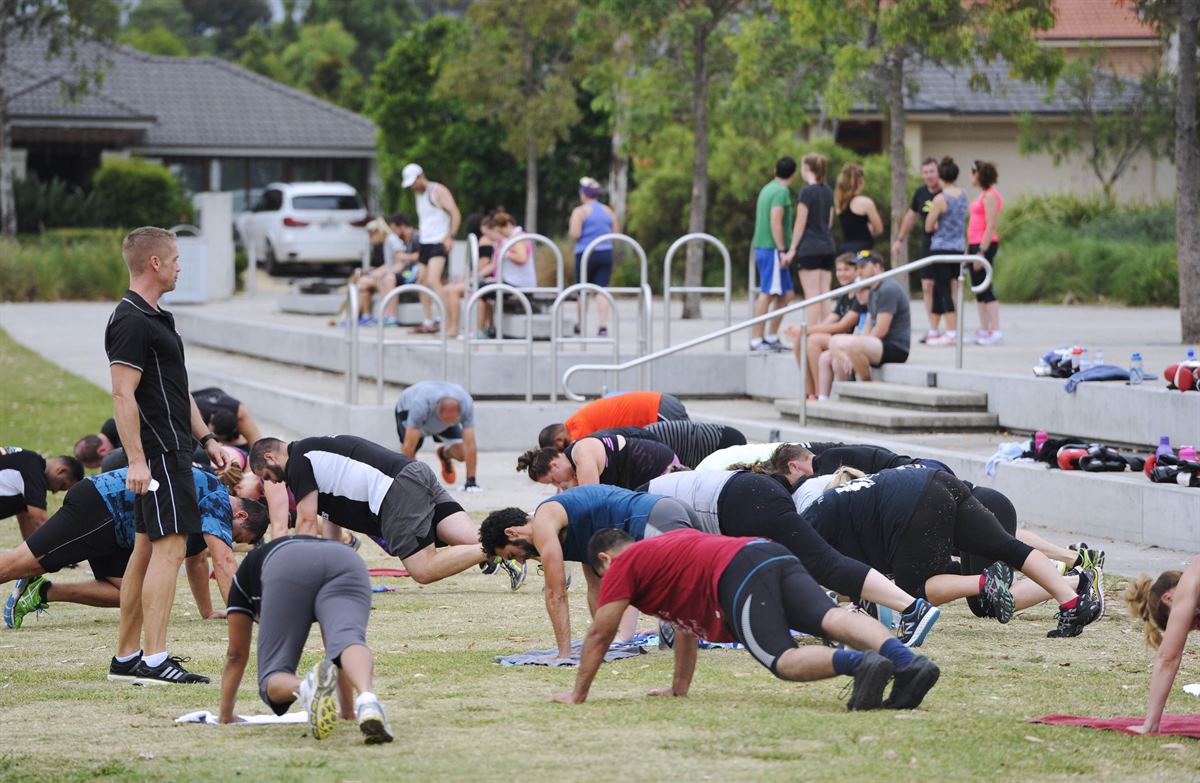Some muscle building enthusiasts spend hours at the gym but fail to see significant muscular development and growth.
You can see it here at the official site to know about the growth and development of the muscles. The choosing of the correct boosters is essential with the skills. The building of the muscles is with the correct dose of the booster supplements. There is meeting of the needs and requirements.

So, where are they going wrong?
Should they spend more time at the gym or should they burn a hole in their wallets by buying supplements that promise to build muscles like never before?
The answer is a definite “No”!
Having a proper diet is the key and eating to build muscle mass is often overlooked by many people. Only 50 percent (or less, depending on whether or not you have genetics like Hercules) of the muscle building process depends on your workout routine. The other 50% is based on what, when and how much you eat.
If you want results, you should spend the same amount of time and attention on your muscle mass diet as you do on your actual workouts.
Your dialy meals should be quality sources of protein, carbohydrates and healthy fats, with your meals consumed 5 to 7 times a day (no more than 3 hours apart). Of course, this isn’t always easy.
Each meal you consume should have the proper ratio of proteins to carbohydrates to fat (P:C:F). When eating to build muscle mass, a proper muscle building diet ideally contains 35% to 45% protein, 40% to 50% carbohydrates and about 20% percent fat (from healthy sources). Maintaining this kind of diet requires planning and preparation, but it’s well worth it.
Always remember, your effort at the gym won’t be proportional to your muscular gains if you don’t follow a well-structured muscle mass diet. You should plan your eating schedule so that your first meal of the day is within 45 minutes of waking up. This is a very (if not most) important meal.
After this, you should eat your subsequent meals every three hours. Your pre and post-workout meals will be the most important ones because that is when your body needs food to rebuild and recover muscle tissue that you have broken down during your workout.
If you don’t have a good and nutritious meal before your workout you won’t have enough energy to do your workout with full intensity. Also, if you skip your post-workout meal, you will deny your body the essential nutrients it needs to rebuild fibers at a time when it needs it the most.
Eating five to seven meals per day as part of a good regimen of eating to build muscle mass doesn’t mean that you can eat any type of junk food as small snacks.
Another vital and extremely practical aspect of any muscle mass diet is having meal replacement packets and whey protein shakes. They are a convenient way to give your muscles an adequate supply of high-quality protein while helping them get bigger and stronger than before. You can also get protein from lean meats, poultry or healthy fish like salmon or halibut.
Quality carbohydrates can be obtained from vegetables (such as potatoes, sweet potatoes or yams); whole grain breads and cereals; fresh fruits and low-fat dairy.

Don’t forget that (healthy or “good”) fat is also a vital component when eating to build muscle mass. Consume unsaturated fats – these are the fats that are generally liquid at room temperature. Cold water fish, nuts, seeds and healthy oils are perfect choices for said fats. Saturated fats are not considered good for you; these are the fats that are solid at room temperature.
Therefore, the key ingredient in eating to build muscle mass and building the body of your dreams is a well-planned muscle mass diet. To build and maintain your hard-earned muscle mass, you will need the right quantities of all three macronutrients (protein, carbohydrates and fats).
Moreover, eating frequently will ensure that your metabolic rate stays high and your muscles remain in “growing mode”.